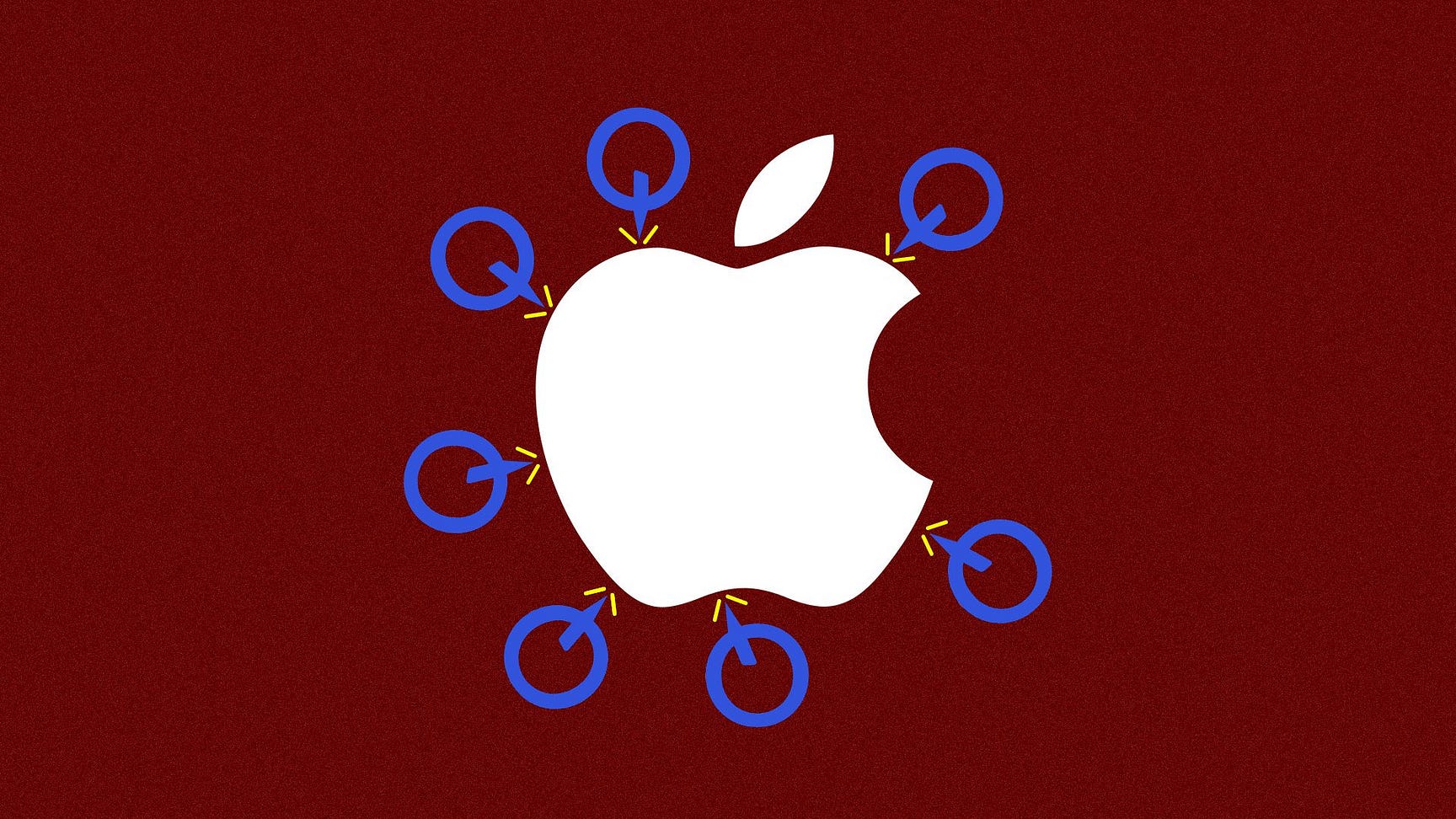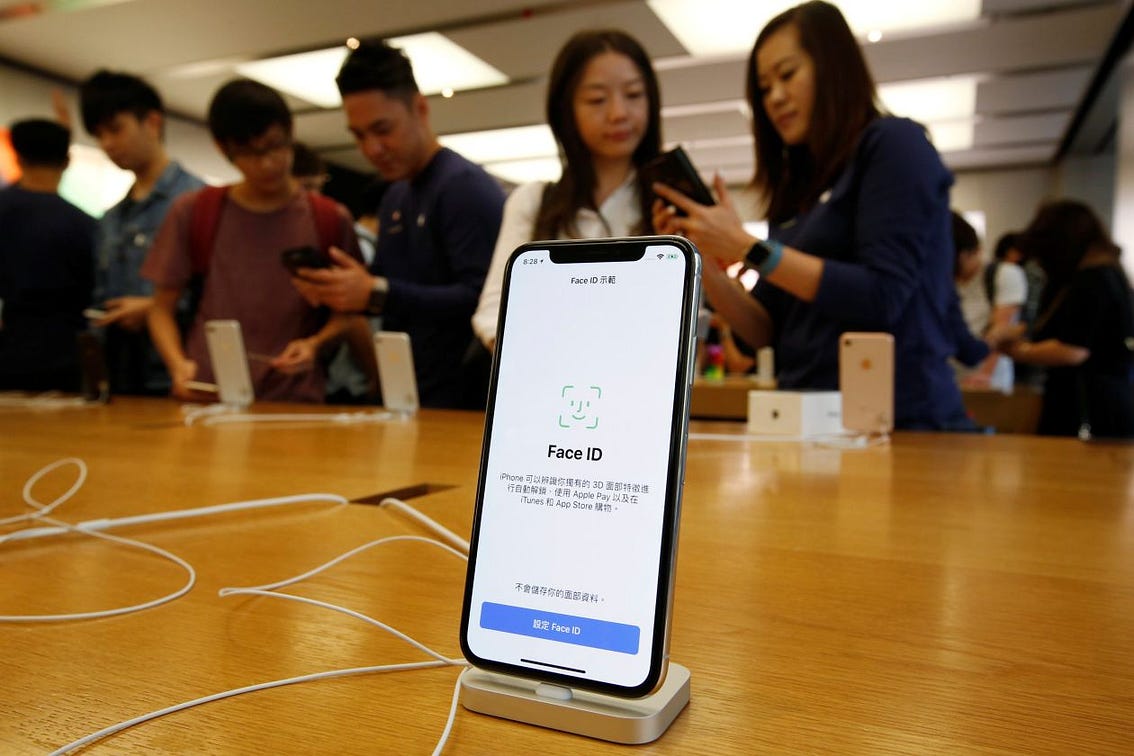Michael K. Spencer
Sounds like a Huawei revenge, a Chinese court has banned the sale and import of most iPhone models in a stunning decision sure to escalate the nasty trade war between the United States and China.
iPhone Sales in China could be impacted
Legal issues can really be a pain even when you have limitless cash and a global brand. Qualcomm and Apple are in a fierce multibillion-dollar legal battle over who owns the technology that goes into chips that power the iPhone.
Qualcomm and Apple are not friends
Qualcomm sought the injunctions, alleging Apple violated two of its patents.
Apple denies violating the patents and says the scope of the iPhone ban in China goes beyond what the injunction calls for.
This is bad news for iPhone sales, the sales metrics that Apple wants to demphasize since this preliminary order affects the iPhone 6S through the iPhone X sold with older versions of Apple’s iOS operating system; new iPhones use the latest version of the system, iOS 12. That’s a lot of sales!
The patent infringement allegation alleges by Qualcomm that Apple violated two patents it holds on features that lets users reformat the size and appearance of photos and manage applications on a touch screen when navigating through phone apps.

Chinese Justice or Huawei Retaliation?
China might be over-stepping its bounds here in retaliation for Huawei, since according to Apple — it did not violate these patents and that the ban goes beyond the scope of the injunction itself.
Weirdly OS 12 can run on all of the iPhones named in the decision (and Apple sells new iPhones with the latest operating system) so the impact of the decision is unclear. Apple also could have a workaround. Because the patents concern software, Apple could change its software to avoid the patents and still be able to sell its phones.
The ruling came from the Fuzhou Intermediate People’s Court in China, the same court that earlier this year banned the import of some of Micron Technology’s memory chips into China.
The dispute dates back almost two years ago now when Apple first sued Qualcomm over $1 billion in what it considers unfair royalties on unrelated patents. It’s also unclear how much the trade war climate is impacting this case. A settlement is likely in early 2019 according to analysts.


